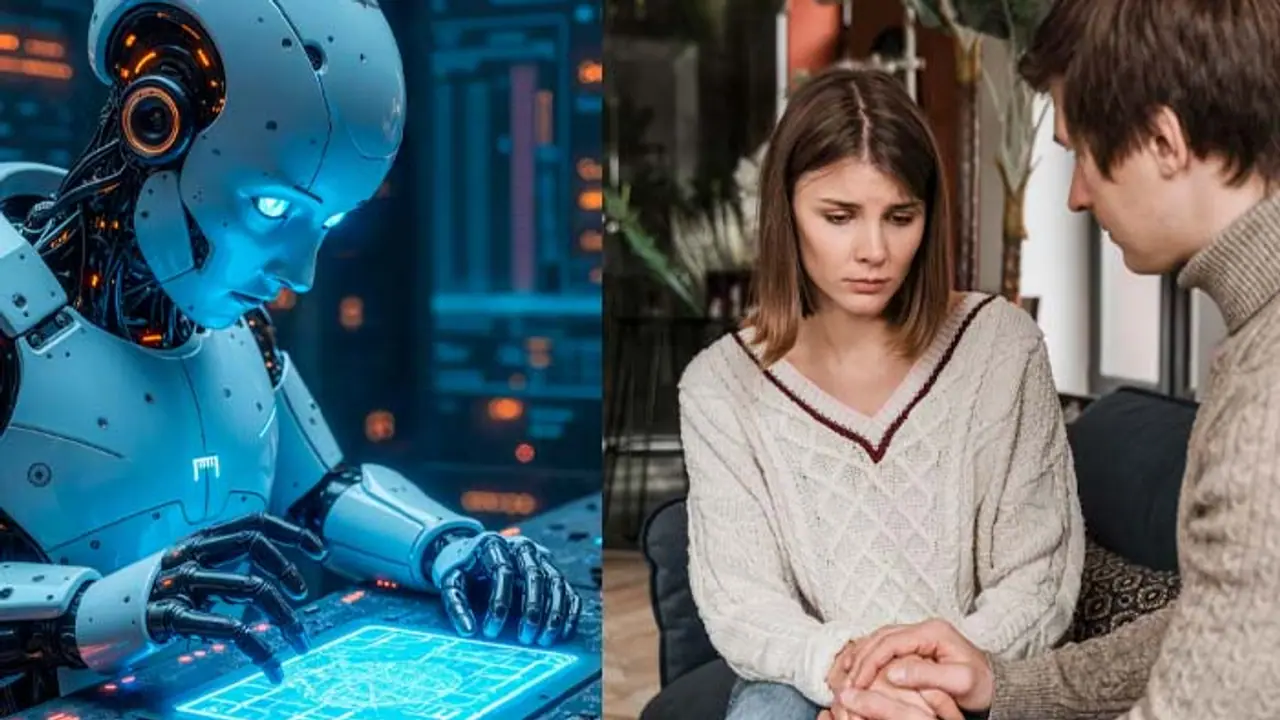As AI becomes a go-to for relationship advice, concerns are rising about how platforms like ChatGPT may be unintentionally fueling breakups. With emotionally detached and overly generalized suggestions.
Displayed to the most effective audiences, AI tools such as ChatGPT will soon be the most listened-to agents dispensing relationship advice. An emerging controversy in this age-of-the-audience is whether users engage in emotionally complex advice from an emotionally detached source. ChatGPT is not a replacement for the act of human experience or formal counseling—though it can serve as a great reflection and clarity tool. Some now claim that advice given by AI is not delusional, one-sided, or devoid of life and real context but may lead to breakups.

The Rise of AI Emotionally
In 2025, many will rely on AI for instantaneous answers—most especially in matters of love. Be it toxicity, communication problems, or lack of being heard, ChatGPT has been the one asked first before disclosing the burden toward friends or therapists. The advantages are obvious: fast, non-judgmental, and always available.
It does require that people pay a price for digital convenience. It can suggest items from "prioritize your peace" to "set firm boundaries," things that seem quite valid but might encourage very extreme acts without weighing the emotional history or depth of a relationship.
The Problem of Context and Nuances
ChatGPT does not know all your stories. It does not see the tears nor hears the tone; neither does it understand body language. Well, while it might offer logical moves on the basis of data on which it is trained, relationships are anything but purely logical. They require emotional intelligence, cultural context, and sometimes, just listening—not solving.
When AI responses are treated as final truths, one might end a relationship that could have been salvaged through dialogue, empathy, or compromise.
Advice that It's Specifically Misapplied Sounds Delusional
Empowering in some instances, phrases like "never settle," "walk away from anything that doesn't serve you," or "you deserve better" can be dangerous if applied blindly. Not all flaws merit a deal-breaker. Not all disagreements equate to incompatibility. AI's generalized advice lacks that depth of human understanding and pushes people to unrealistic ideals of love and connection.
Users Need to Practice Discernment
AI is there to help, not to decide. Googling symptoms does not replace a doctor. In the same way, ChatGPT cannot replace a therapist or lived experience. It is a tool to help think, not dictate what one should feel or whom to leave.
ChatGPT can, for instance, be quite helpful at the start of a conversation, offering some clarity during those confusing moments. However, when it comes to something so personal and life-changing as a breakup, it is really important to bring in those human voices-whether friends, counselors, or your own intuition. AI can guide, but it can't feel. And ultimately, relationships are made of feelings.


